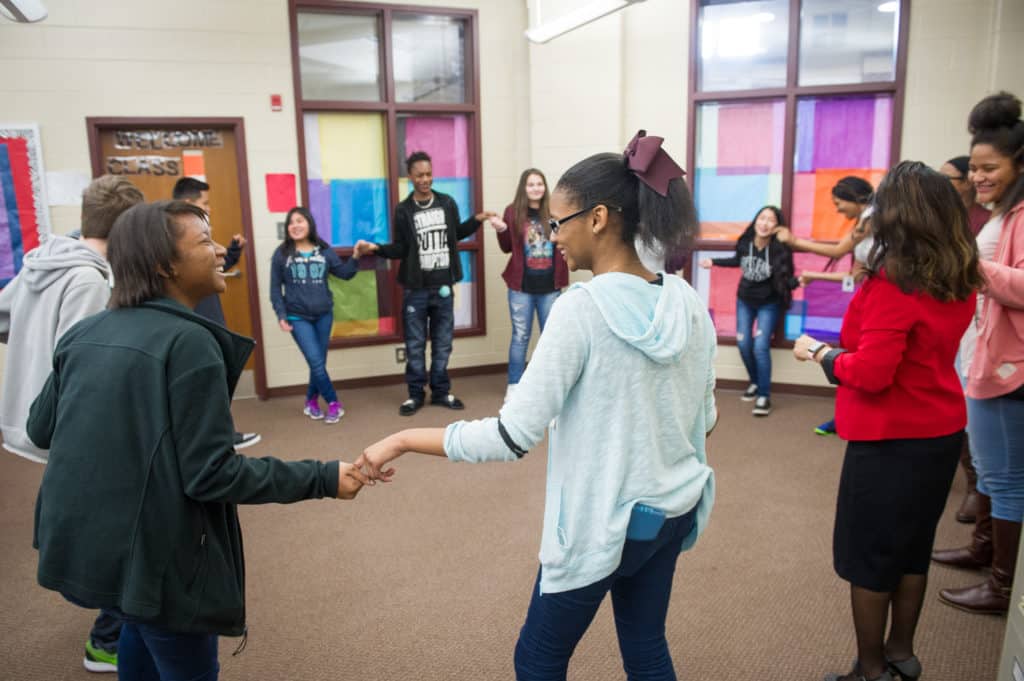
James A. Garfield School: A 100% Decrease in Suspensions
Location: Indianapolis, IN Type of school: Public school Grade levels: K–8 Number of students: 344 A Responsive Classroom school since: 2021 During the 2016–17 school year, James A. Garfield School handed out 164 suspensions to students, mainly for physical altercations or verbal aggression. “We had fights all the time,”…
Continue Reading
Apr
29
2024

























